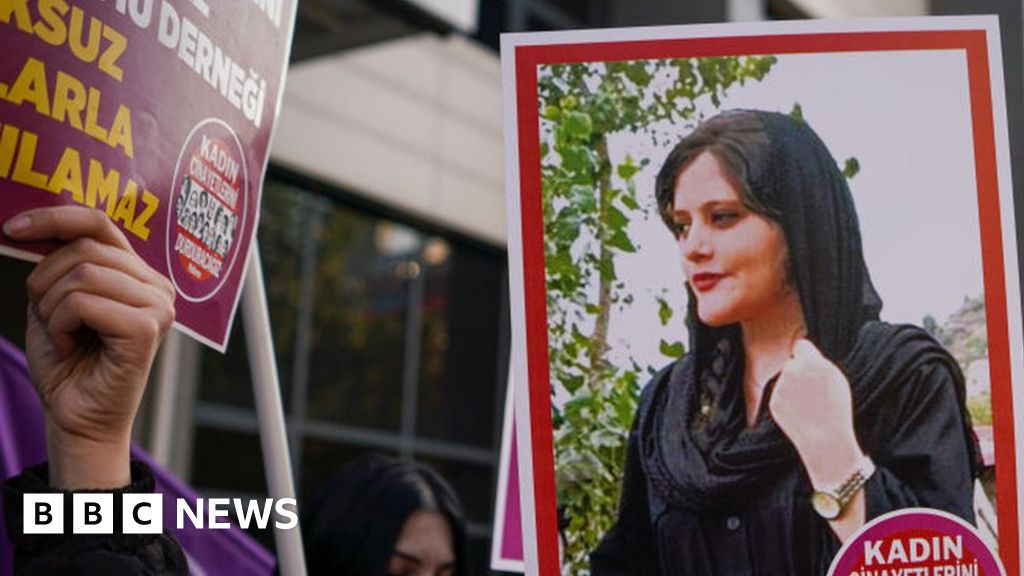Iran to axe hated morality police
November 28, 2022 - Reading time: 3 minutes

According to the country’s attorney general, Iran’s morality police, which is in charge of enforcing the nation’s Islamic dress code, is being dismantled. The remarks made by Mohammad Jafar Montazeri at a gathering have not yet been verified by other organisations.
Protests over the murder of a young woman in detention have lasted for months in Iran.
The morality police held Mahsa Amini in custody for allegedly flouting the head-covering regulations.
Mr. Montazeri was asked if the morality police were being abolished while he was attending a religious convention.
The morality police were disbanded from their base of operations since they had no connection to the judiciary, he claimed.
The interior ministry, not the judiciary, is in charge of the police.
Mr. Montazeri also informed the Iranian parliament on Saturday that the law requiring women to wear hijabs would be reviewed.
The long-standing law will not be modified even if the morality police are disbanded.
Since Amini, a 22-year-old woman who was arrested by Tehran’s morality police three days earlier and died in detention on September 16, protests led by women that the authorities have dubbed “riots” have erupted across Iran.
Although her passing served as the impetus for the upheaval, other factors like poverty, unemployment, inequality, injustice, and corruption have also contributed to it.
The elimination of the morality police would be a concession if it were to be confirmed, but there is no assurance it would be sufficient to put an end to the protests, which have seen protesters set fire to their head coverings.
A Historical Perspective
Since the 1979 Islamic Revolution, various incarnations of the "morality police" have been established in Iran, but the Gasht-e Ershad, formed in 2006, has been the most prominent in recent times. Their role in policing dress code has been a contentious issue, symbolizing wider societal and political control.
Impact on Society and Culture
The potential disbandment of the morality police signifies a seismic shift in Iranian society and culture. It reflects a growing acknowledgment of the public's outcry against certain restrictive norms. However, it's clear from the voices on the streets that the issues run deeper than dress code enforcement. The current protests are indicative of a populace yearning for more significant governmental and societal reforms.
As Iran grapples with this pivotal moment, the world watches with bated breath. The question remains: Will the dismantling of the morality police lead to broader reforms, or is it a strategic move to placate the current unrest? Only time will tell, but one thing is certain – the Iranian people have found their voice, and they are not willing to be silenced.

Darren Stephenson
Darren Stephenson writing spans a wide range of topics, from in-depth political analysis to human interest stories. His unique perspective and engaging narrative style have earned him a loyal readership. Darren's commitment to journalistic integrity and his ability to connect with readers make him a standout voice in modern journalism.




